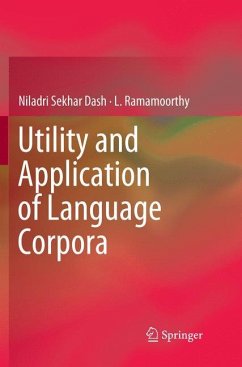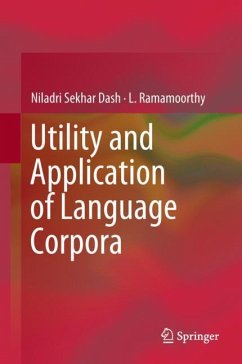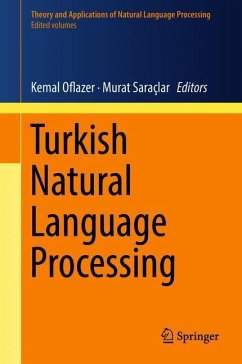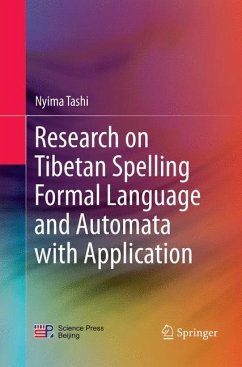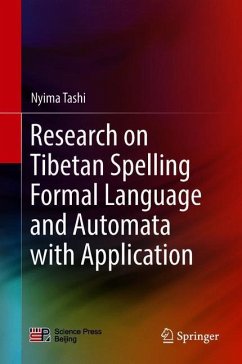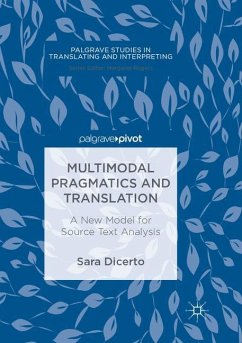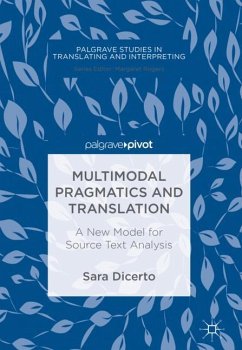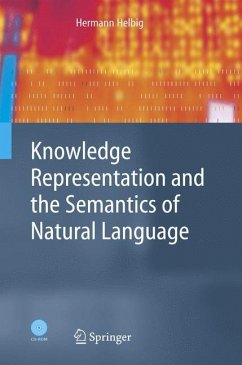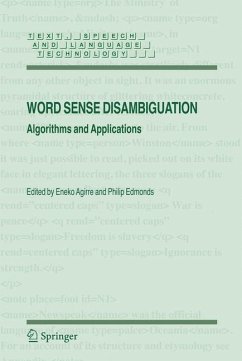
History, Features, and Typology of Language Corpora
Versandkostenfrei!
Versandfertig in 6-10 Tagen
59,99 €
inkl. MwSt.
Weitere Ausgaben:

PAYBACK Punkte
30 °P sammeln!
This book discusses key issues of corpus linguistics like the definition of the corpus, primary features of a corpus, and utilization and limitations of corpora. It presents a unique classification scheme of language corpora to show how they can be studied from the perspective of genre, nature, text type, purpose, and application. A reference to parallel translation corpus is mandatory in the discussion of corpus generation, which the authors thoroughly address here, with a focus on Indian language corpora and English. Web-text corpus, a new development in corpus linguistics, is also discussed...
This book discusses key issues of corpus linguistics like the definition of the corpus, primary features of a corpus, and utilization and limitations of corpora. It presents a unique classification scheme of language corpora to show how they can be studied from the perspective of genre, nature, text type, purpose, and application. A reference to parallel translation corpus is mandatory in the discussion of corpus generation, which the authors thoroughly address here, with a focus on Indian language corpora and English. Web-text corpus, a new development in corpus linguistics, is also discussed with elaborate reference to Indian web text corpora. The book also presents a short history of corpus generation and provides scenarios before and after the advent of computer-generated digital corpora.
This book has several important features: it discusses many technical issues of the field in a lucid manner; contains extensive new diagrams and chartsfor easy comprehension; and presents discussions in simplified English to cater to the needs of non-native English readers. This is an important resource authored by academics who have many years of experience teaching and researching corpus linguistics. Its focus on Indian languages and on English corpora makes it applicable to students of graduate and postgraduate courses in applied linguistics, computational linguistics and language processing in South Asia and across countries where English is spoken as a first or second language.
This book has several important features: it discusses many technical issues of the field in a lucid manner; contains extensive new diagrams and chartsfor easy comprehension; and presents discussions in simplified English to cater to the needs of non-native English readers. This is an important resource authored by academics who have many years of experience teaching and researching corpus linguistics. Its focus on Indian languages and on English corpora makes it applicable to students of graduate and postgraduate courses in applied linguistics, computational linguistics and language processing in South Asia and across countries where English is spoken as a first or second language.




